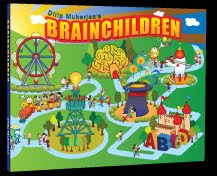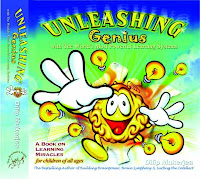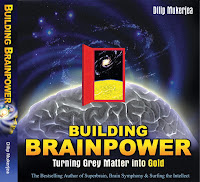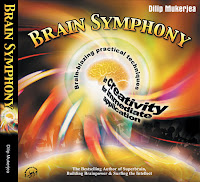According to one of the McKinsey Quarterly reports, which drew upon the brilliant work of Nobel laureate Daniel Kahneman and psychologist Gary Klein, executives should trust their gut instincts during decision making — but only when four tests are met.
These are the four tests:
1.The familiarity test: Have we frequently experienced identical or similar situations?
2.The feedback test: Did we get reliable feedback in past situations?
3. The measured-emotions test: Are the emotions we have experienced in similar or related situations measured?
4. The independence test: Are we likely to be influenced by any inappropriate personal interests or attachments?
Here are the concluding remarks in the report:
"If a situation fails even one of these four tests, we need to strengthen the decision process to reduce the risk of a bad outcome. There are usually three ways of doing this—stronger governance, additional experience and data, or more dialogue and challenge. Often, strong governance, in the form of a boss who can overrule a judgment, is the best safeguard. But a strong governance process can be hard to set up and expensive to maintain (think of the US Senate or a typical corporate board). So it is normally cheaper to look for safeguards based on experience and data or on dialogue and challenge.
In the 1990s, for example, Jack Welch knew he would face some tough decisions about how to exploit the Internet, so he chose experience as a solution to the biases he might have. He hired a personal Internet mentor who was more than 25 years his junior and encouraged his top managers to do the same. Warren Buffett recommends extra challenge as a solution to biases that arise during acquisitions. Whenever a company is paying part of the price with shares, he proposes using an “adviser against the deal,” who would be compensated well only if it did not go through.
There are no universal safeguards. Premortems help surface uncertainties, but they do not protect against self-interest. Additional data can challenge assumptions but will not help a decision maker who is influenced by a strong emotional experience. If we are to make better decisions, we need to be thoughtful both about why our gut instincts might let us down and what the best safeguard is in each situation. We should never ignore our gut. But we should know when to rely on it and when to safeguard against it."
Readers can go to this link [here's a additional link] to read the report in its entirety. You may need to register first.
Subscribe to:
Post Comments (Atom)
















No comments:
Post a Comment